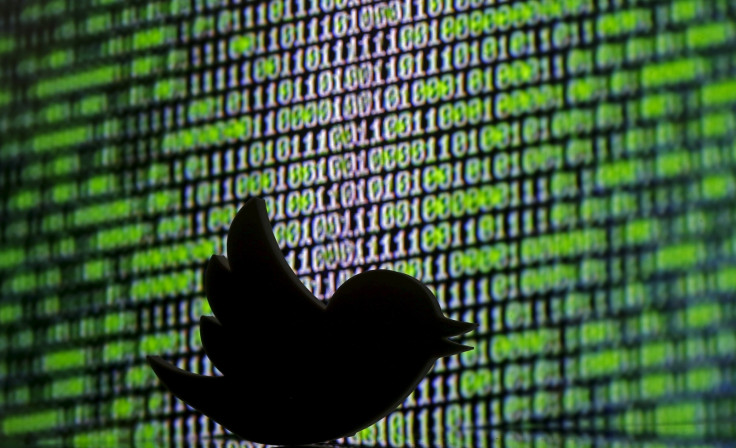Twitter reveals FBI national security requests that may have infringed on legal guidelines
Twitter's disclosures mark the first time the firm was permitted to publicly reveal the NSLs.

Twitter has for the first time disclosed that it received two national security letters (NSLs) from the FBI. The firm said that the disclosures mark the first time it was allowed to publicly reveal the NSLs. However, the FBI's request for Twitter data may have reportedly gone beyond the scope of current legal guidelines.
Twitter received two NSLs, one in September 2015 and one in June 2016, both of which came with a gag order, which the firm said prevented them from "notifying the impacted account holders or publicly disclosing their existence." Both letters, which have been published in their redacted versions, requested for names, addresses, length of service and "electronic communications transactional records for all services" for specific account holders, whose identities remain unknown as part of redaction.
Twitter said in a blog post, "We have provided each of the account holders with copies of the relevant NSLs (certain information redacted to protect privacy) as well as the account data we were compelled to produce. While the actual NSLs request a large amount of data, Twitter provides a very limited set of data in response to NSLs consistent with federal law and interpretive guidance from the U.S. Department of Justice.
"Twitter remains unsatisfied with restrictions on our right to speak more freely about national security requests we may receive. We continue to push for the legal ability to speak more openly on this topic in our lawsuit against the U.S. government, Twitter v. Lynch."
Twitter is not the only organisation to bring a lawsuit against the US government over NSLs. The Electronic Frontier Foundation (EFF) is also challenging the constitutionality of the NSLs in the Ninth US Circuit Court of Appeals.
According to EFF staff attorney, Twitter's disclosures are in line with similar disclosures, which highlight that the FBI continues to request for data, despite a 2008 guidance from a Justice Department memo stating that NSLs should be limited to phone billing records, Reuters reported.
"This is an ongoing practice and it is significantly beyond the scope of what is intended," said Crocker.
Twitter is not the only tech giant to disclose receiving NSLs. Recently Google, Yahoo and others have also publicly disclosed data requests from the FBI.
Twitter said, "Our next hearing in the Lynch case is scheduled for February 14, 2017. Concurrently, Twitter is using the statutory means provided in the USA Freedom Act to seek more transparency into similar NSL requests, and will provide updates as they become available."
© Copyright IBTimes 2025. All rights reserved.






















